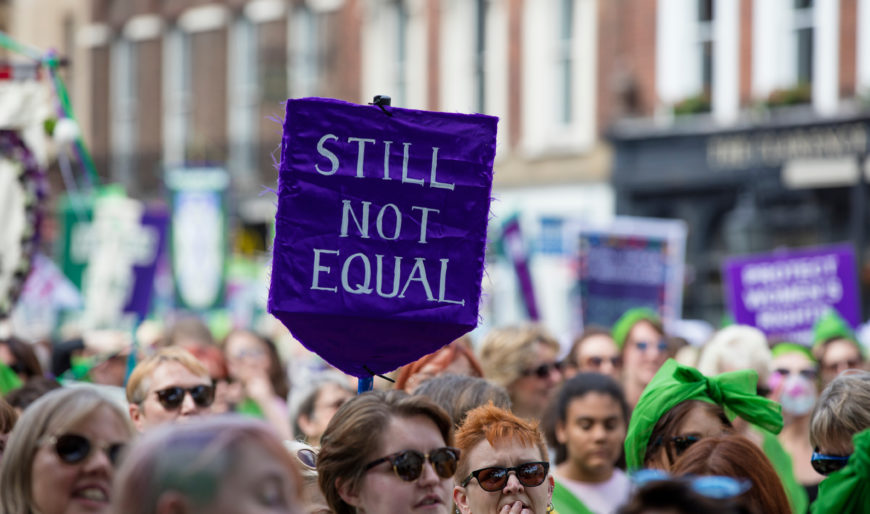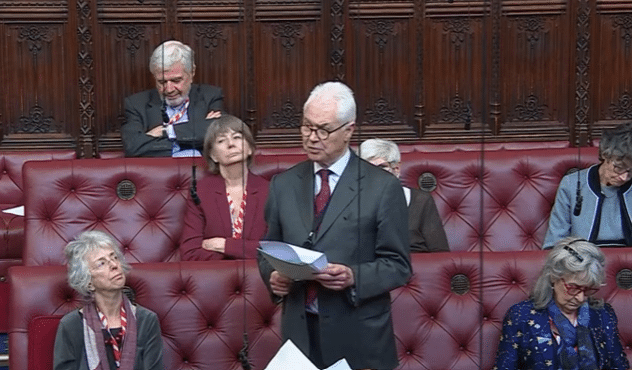The EHRC is becoming a political instrument, former Chair says
The former Chair of the EHRC says Liz Truss' appointments to the body are weakening its independence.

The former Chair of the Equality and Human Rights Commission (EHRC) has revealed his suspicions of a plot within government to politicise the supposedly independent body.
David Isaac, who headed the agency from 2016 to 2020, told the Guardian that new appointments made to the EHRC by Minister for Women and Equalities, Liz Truss, have been selected for their political beliefs and likelihood to support Number 10.
He cited a recent speech by Truss, in which she announced the EHRC would “drive” forward a focus on the plight of white working class people and less on women and ethnic minorities, as evidence of government meddling.
“She says ‘I’ve appointed a new chair and these new commissioners’, and she doesn’t say ‘they’re going to do my bidding’, but it’s pretty implicit in what she’s saying that they are people who are supportive of her approach to equalities, which is a focus on white working-class people and the North of England and the levelling up agenda,” he told the newspaper.
“Covid has demonstrated how important it is that you look at particular minorities, particularly black and minority ethnic experiences and outcomes during the pandemic. And just to conflate the situation between geographical inequality and white working class and other minorities and protected characteristics is just a massive oversimplification and very political,” he added.
Truss’ appointments to the EHRC include Jessica Butcher, who recently said women discriminated against at work should not “go cry to someone about how you might have been gender-discriminated against” by making an official complaint, but to “take ownership of how you put yourself forward, and to mould yourself, change yourself to the circumstances as required”.
She is working alongside David Goodhart, who described Black Lives Matter protestors as “statistically naïve” and once wrote that the Windrush Scandal should not be allowed to dilute the government’s “hostile environment” policies; and Bernard Ribeiro, a Conservative peer.
Isaac said the EHRC should be made “more than independent in name” through an increase in funding (which has been reduced from £70m to £17m since it was established in 2007), the power to raise fines for non-compliance with equality laws, and by moving the responsibility to appoint commissioners away from the Secretary of State and to the cross-party Women and Equalities Select Committee.







